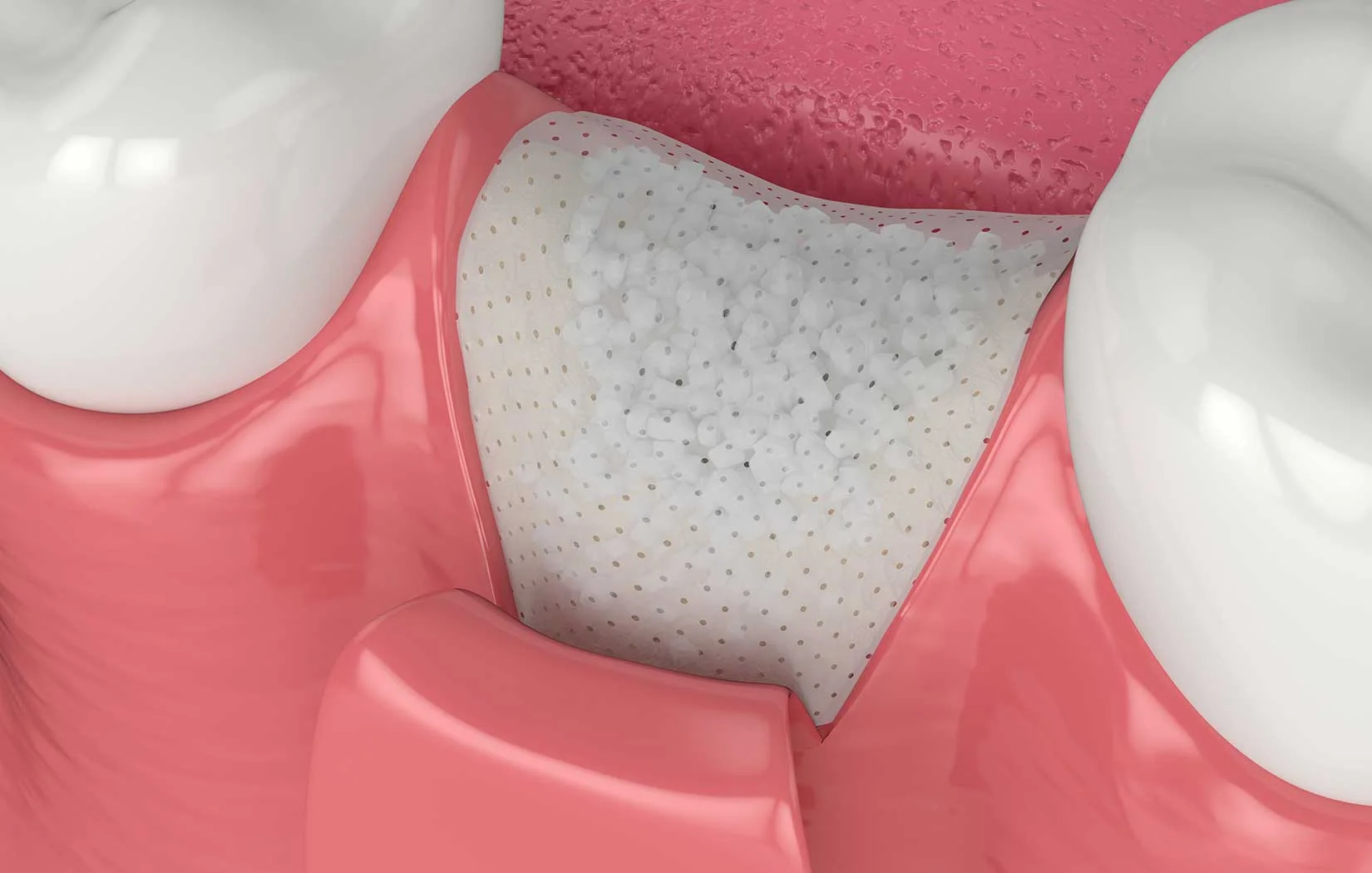Tooth extractions become necessary occasionally for reasons like tooth decay, gum disease, injuries, et cetera. Unfortunately, after all efforts to preserve your tooth, if an extensively damaged tooth compromises your oral health, it can lead to more severe concerns.
Therefore when performing tooth extractions, the dental team treating you suggests additional procedures to ensure your dental structure remains optimal.
This article explains tooth extractions and an associated condition that affects you when you must have a tooth removed. Let us learn more about why bone grafts become essential with tooth extractions.
When having a tooth extracted for reasons described earlier, the dental team helps you determine whether a bone grafting procedure is essential during tooth removal.
Please continue reading to learn how tooth extraction andbone graft performed simultaneously prepare you for dental implants to help preserve your smile for years.
Bone Grafts Explained
Bone graft is a procedure to augment bone in your jaw to increase its density. Additional bone is added to the tooth extraction site when performing this treatment.
You might receive autografts when the bone is taken from your body to augment it at the extraction site. Allografts are also performed using bone from a donor tissue purchased from a licensed bone and tissue bank.
You can also receive xenografts from animal sources obtained from the bone and tissue bank.
How Painful Is a Bone Graft in Mouth?
Bone grafts require surgery, and surgical procedures are painful without adequate anesthesia in the mouth.
Therefore before performing bone grafting surgery, the dentist in Brentwood numbs your mouth with local anesthesia and provides sedation if you are anxious about the procedure.
Consequently, you don’t experience any pain when having the bone graft. You can return home after you recover from the anesthesia with a list of after-care instructions from the dentist to care for your mouth and the surgical site appropriately.
How Long Does a Bone Graft Hurt?
How much time you experience discomfort from the bone grafting varies between patients. You can expect some discomfort from the surgery after the anesthesia wears off.
However, the dentist prescribes or recommends over-the-counter pain relievers to help minimize the pain and ensure you recover quickly without enduring severe discomfort.
Invisalign Only $4500 ($5500- $6000 value) (exam, X-ray, Regular cleaning is included)
Can not be combined with other offers. Some exclusions apply.
What Happens If You Overlook Bone Grafting?
Occasionally the extraction site heals excellently by itself without affecting your bone but requires several months to recover.
Unfortunately, jawbone deterioration often occurs if you overlook bone grafting when removing teeth, making it challenging to receive replacement solutions like dental implants.
Jawbone deterioration also encourages your remaining teeth to shift position towards the vacant gaps in the mouth, causing a bad bite to need orthodontic treatments.
The edentulous gaps also become a breeding ground of food particles that remain trapped, and mouth bacteria have a great time feasting on the debris, making you prone to dental infections like gum infections and tooth decay.
Therefore the optimal solution is to receive a bone grafting procedure soon after getting teeth removed to ensure your jawbone remains optimal for dental implant placement.
How Challenging Is Recovering from Bone Grafting Surgery?
Recovering from bone grafting surgery differs between patients but requires a few weeks. Therefore, you are suggested to divide your recovery into two stages.
When recovering from a procedure like bone grafting surgery, the dentist recommends you limit physical activity, alter your diet, and take the prescribed medicines, including painkillers and antibiotics, as suggested.
You must exercise caution not to disturb the surgical site, which might happen accidentally.
After the bone grafting procedure, you must ensure you don’t touch the wound and refrain from spitting vigorously or rinsing your mouth to prevent dislodging the blood clot.
In addition, you must avoid touching the surgical site with your tongue or using toothpicks for the purpose.
The dentist suggests you have a diet of soft and nutritious foods, starting initially on milkshakes at room temperature, and keep yourself hydrated by drinking plenty of water. You must avoid chewy and crunchy foods that might irritate the surgical site.
You can avoid brushing your teeth on the day of your surgery, remembering that you must start dressing a day after and use saltwater to rinse your mouth instead of mouthwash. The surgical site must remain clean to ensure a quick recovery.
Getting bone grafting immediately after tooth extraction prepares you to receive long-lasting replacement solutions like dental implants in the edentulous Gap.
In addition, it prevents the consequences of tooth loss that undoubtedly affect you soon after losing a tooth or getting it extracted.
Brentwood Dental Arts suggests bone grafting for patients that need tooth removal for various reasons.
The procedure helps prepare patients to receive stable replacement solutions with dental implants for their missing teeth.
If you have a tooth removed and need replacements dealing with this practice helps you avoid several complications accompanying tooth extractions.
Consult our dentist today in you are looking for oral surgery and bone grafting in Brentwood, Los Angeles.

